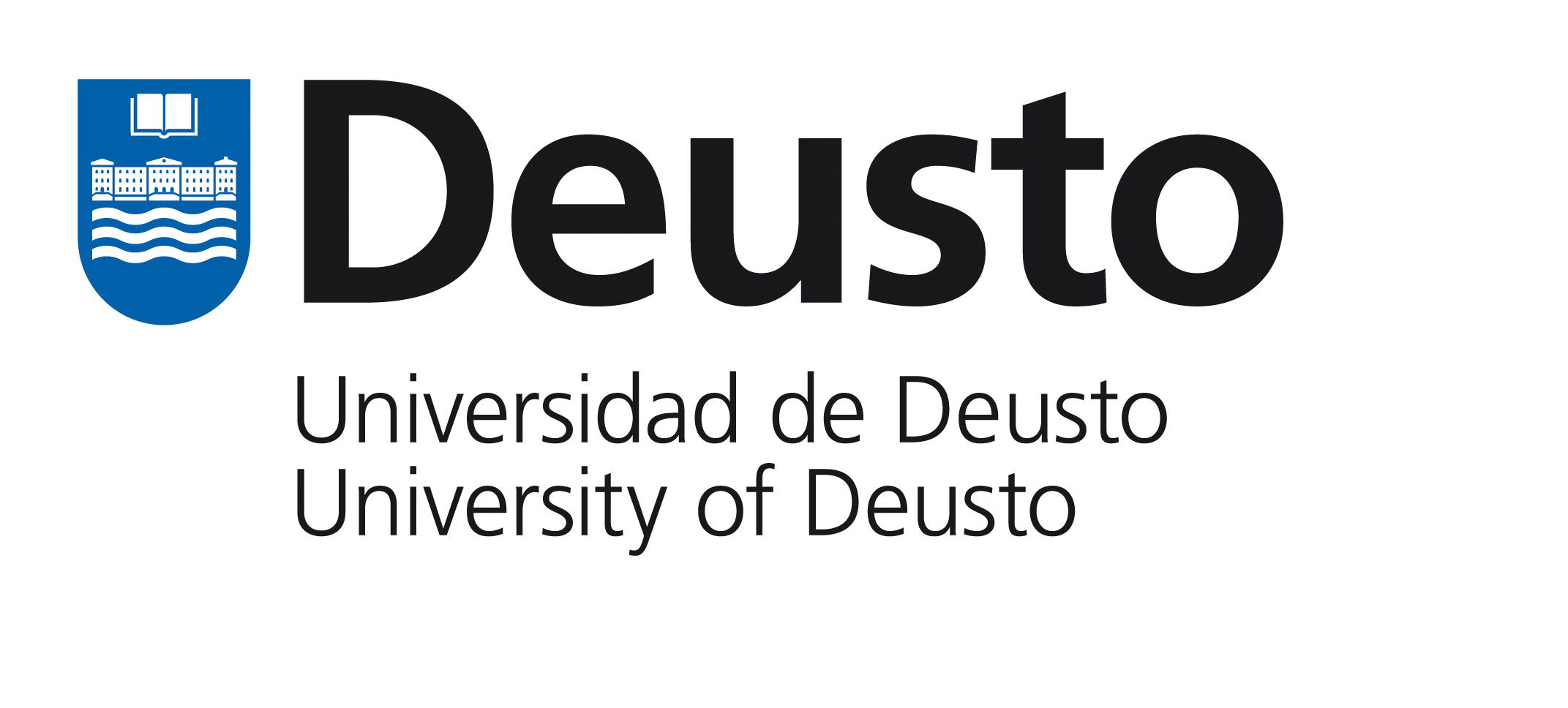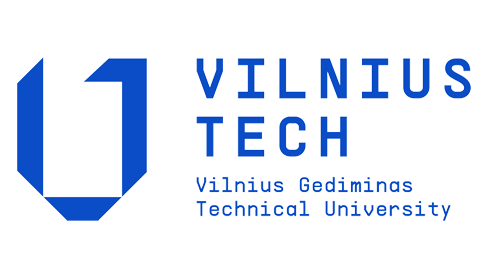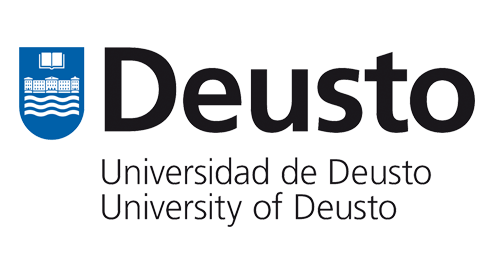Involvement
The University of Deusto (DEUSTO) has over 125 years history, born with the mission of service and social commitment, consolidating itself as one of the Spanish universities in the U-Multirank ranking, the world’s first university ranking proposed by the European Commission. Currently, DEUSTO offers 39 degrees in the field of engineering, business administration, social sciences, law, arts and health, 50 masters and 22 executive programs.
The Faculty of Engineering of the University of Deusto has been successfully training professionals in the fields of computer science, electronics, automation, telecommunications or industrial organization for 40 years. Performing applied and excellence research is one of the faculty’s pillars, which is materialised through its Technological Research Institute – DeustoTech. DeustoTech was born with the ambition to serve the society and the business fabric in its technological and digital transformation. DeustoTech is formed by more than 100 associated staff, with teaching-research staff who develop projects in the field of industry 4.0, sustainability and urban planning, green and sustainable transport, the internet of things, etc.
The Applied Mechanics Research Group (AM) at DeustoTech is a dynamic team dedicated to applying and developing advanced knowledge in mechanical engineering to address complex industrial systems and processes. With a strong focus on the mechanical behavior of structural systems and materials, its research extends to production processes across various sectors, including the automotive, capital goods, and consumer goods industries. The group is particularly invested in Transport Electrification, a research line focused on the complex simulation of the vibroacoustic behavior of electric machines, directly aligning with the advancements in electric vehicle technology.
Role in the Project
The Applied Mechanics Research Group at the University of Deusto will focus on researching new axial flux motors for electrified chassis systems. Our objective is to contribute to the design and conceptualization of a controller for the high voltage active suspension based on the axial flux machine, ensuring the integration into a fossil-free, zero-emission production process active suspension system. Specifically, the Research Group will carry out its activity in: developing advanced simulation models of the axial flux actuators, providing the foundational insights for their design; supporting the mechanical design through in-depth analysis and optimization based on simulation results; investigating and validating key parameters for the integration of the axial flux machine into the high-voltage active suspension systems.













